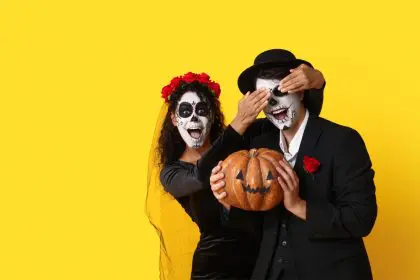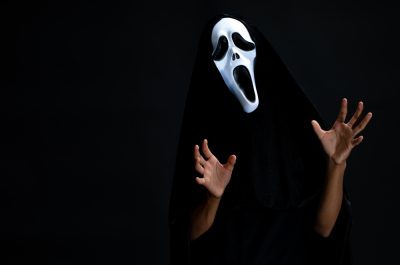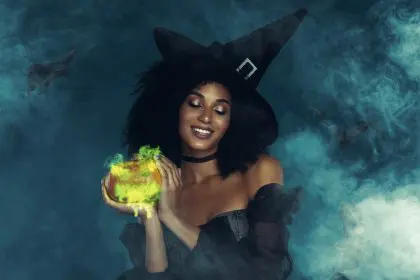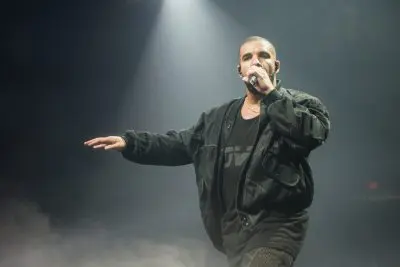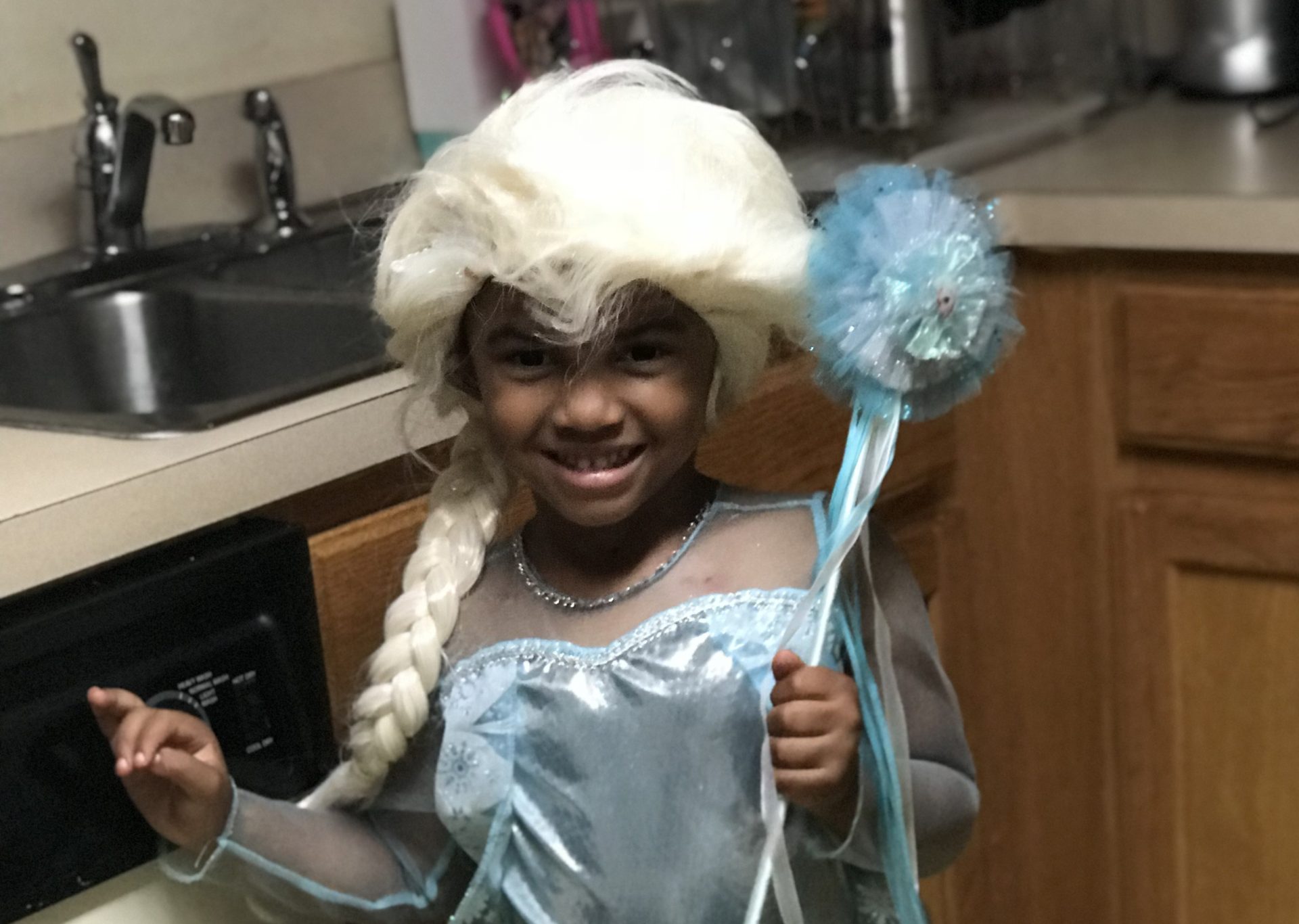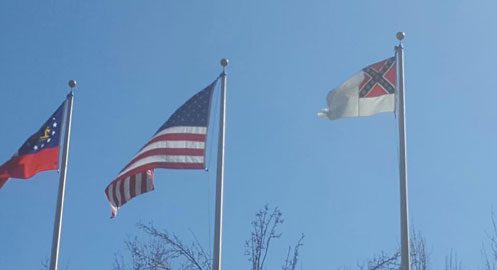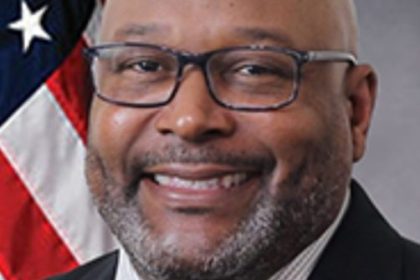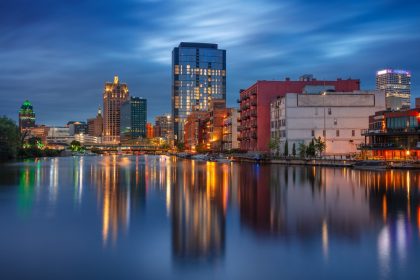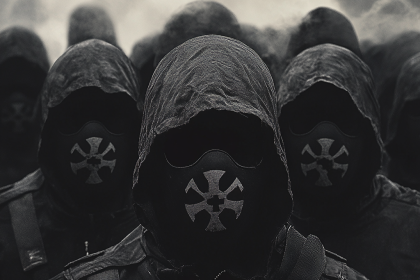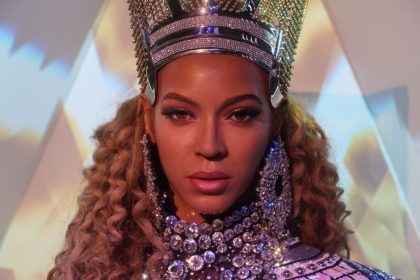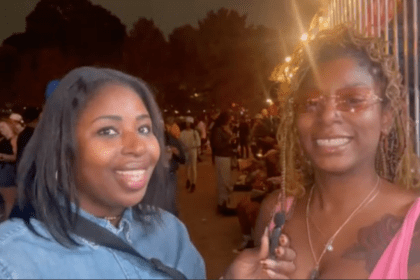
“You hate White people.”
I’ve been charged with bigotry on a fairly consistent basis since I began writing about cultural issues. People get defensive and need to label you when presented with ideas they find uncomfortable. Ideally, it’s best to engage people on their terms and lower defenses before asking them to think critically about ideas they hold dear. I try to do that, but I don’t defer to ignorance or soften what I say when it has to be said. I do try to avoid crass generalizations or assumptions.
But I avoid saying “some white people.”
Writing about race online is an open invitation for hateful emails and tweets from Twitter trolls trying to bait you into some kind of cyber confrontation. One of the most common grievances I’ve heard is that I “think all white people are racist.” This kind of retort is a tactic meant to purposely obscure the points that I make regarding white supremacy in American culture. But every time I get one of those arrows fired at me, it fortifies my belief that I can’t soften my stance. I can’t retreat to “some white people.”
When discussing racial issues, we cannot pretend that all bigotry is equal. It renders the discussion empty to reduce it to personal meanness or problematic individuals. This is a cultural problem and it should be addressed as such. Every Halloween, white people routinely don blackface. Now, does that mean that every white person does so? Of course not. But, it’s unnecessary for me to point out that fact when the behavior is so routine that it indicates a deeply ingrained cultural belief. For the same reason that we say “America has an obesity epidemic,” we have to say white people have a race problem. Saying “some Americans are obese,” helps us all feel better and decide that we’re “not the problem.” But, when you present the problem as something that is widespread and entrenched, it communicates a certain societal urgency. This is who we are and we have to make wholesale changes to address it.
Saying “some white people” only makes it easier for an individual to say “that’s not me” and deflect. They can tell themselves “I have Black friends.” They can tell themselves “I don’t say the N-word.” They can tell themselves “I voted for Obama–TWICE.” And, they can decide that the problem is somewhere “over there.” Racism is never “me.” It’s never their friends or family. As long as white Americans are comfortable deflecting, white supremacy remains strong in this country. When I say “white people,” it’s to make sure everyone understands that this is a societal issue that is centuries-old. The “Colored Only” signs of the Jim Crow era were just the later manifestation of a supremacist ideology that forged the entirety of the modern western world and was exported throughout the globe via imperialism. You being buddies with a Black guy at work does nothing to address that reality. You have to view it through a larger lens. The entrenched white supremacy that conditions us to cross the street when we see a Black guy coming is also what makes a Black student more likely to get suspended and Black crime to be prosecuted with more vigor and zero tolerance.
Just this week, the New York Times published a piece regarding the resurgence in heroin addiction among young white people over the last ten years. In the piece, entitled “In Heroin Crisis, White Families Seek Gentler War On Drugs,” it is revealed that more and more white voters and politicians are looking to soften the approach to curbing the drug epidemic. No police battering rams in the suburbs like the ones that we saw breaking through doors in inner cities throughout the 80s and 90s. No ridiculously long drug sentences for possession or petty dealing. No stigmatizing reports about “heroin babies” a la “crack babies” and no presidential push to vilify heroin dealers. Because white parents and politicians empathize with young white kids. Just because you’re not burning a cross on a lawn, doesn’t mean you aren’t endorsing or enabling white supremacy and racist double standards. It doesn’t mean you see yourself when you see Black and other non-white people. Racism is more than intentional malice; it is cultural conditioning. Black lives didn’t matter so much to politicians who were passing down strict sentences that disrupted and destroyed Black families. They didn’t matter much to politicians when Black voters asked for reform and treatment, as opposed to aggression and incarceration. Because those politicians didn’t empathize with Blackness. But when a young, suburban white girl named Courtney Griffin overdoses, those who empathize with her need to understand why it happened and how to prevent it from touching them and those like them ever again. And those white folks who empathize have the political leverage to actually affect change in a way that is compassionate and comprehensive. When it’s Keshia from East New York, however, there is little-to-no empathy from those outside her community. If that community has no political leverage to seek similar compassion from the powers-that-be, Keshia’s death becomes ammo for politicians to “crack down” and increase their “war” on drugs. The language is different because the approach is different; and the approach is different because the spirit fueling it is different.
Whether or not you think “all white people are racist” is more or less irrelevant in the wider picture. It starts with individual behavior but it doesn’t end there; because the structural and institutional problems will still affect Black peoples’ liberties and mobility. The reason why white racism is bigger than bigotry is because that racism fuels so much of how we determine who has access to resources and influence in this country. White fraternities and sororities declaring via chant or email that they don’t want Black people isn’t just problematic because its socially exclusionary. It’s most problematic because those college kids are in the pipeline to power and influence in this country and they will one day be racist CEOS and politicians. They will be in positions of power and influence because of their race and background and they will bring their racist ideologies with them. I’d have to be quite naive to believe that they are a political or ideological minority.
So this conversation can’t be reduced or “softened” in language to make it more palatable for those who aren’t invested in addressing the issue being presented. I won’t say “some white people” to make you feel better about your compliance with and/or apathy towards white supremacy. I won’t pretend that all bigotry is the same or that me having white friends means that white supremacy is somehow diminished or selective. It’s everywhere. It’s in everything. It conditioned you. It conditioned me. And we can’t break it by pretending it doesn’t exist. We like to pretend we’re the ones who “get it,” but I don’t know if the average white person “gets” that.
And some white people aren’t really trying to get it.

